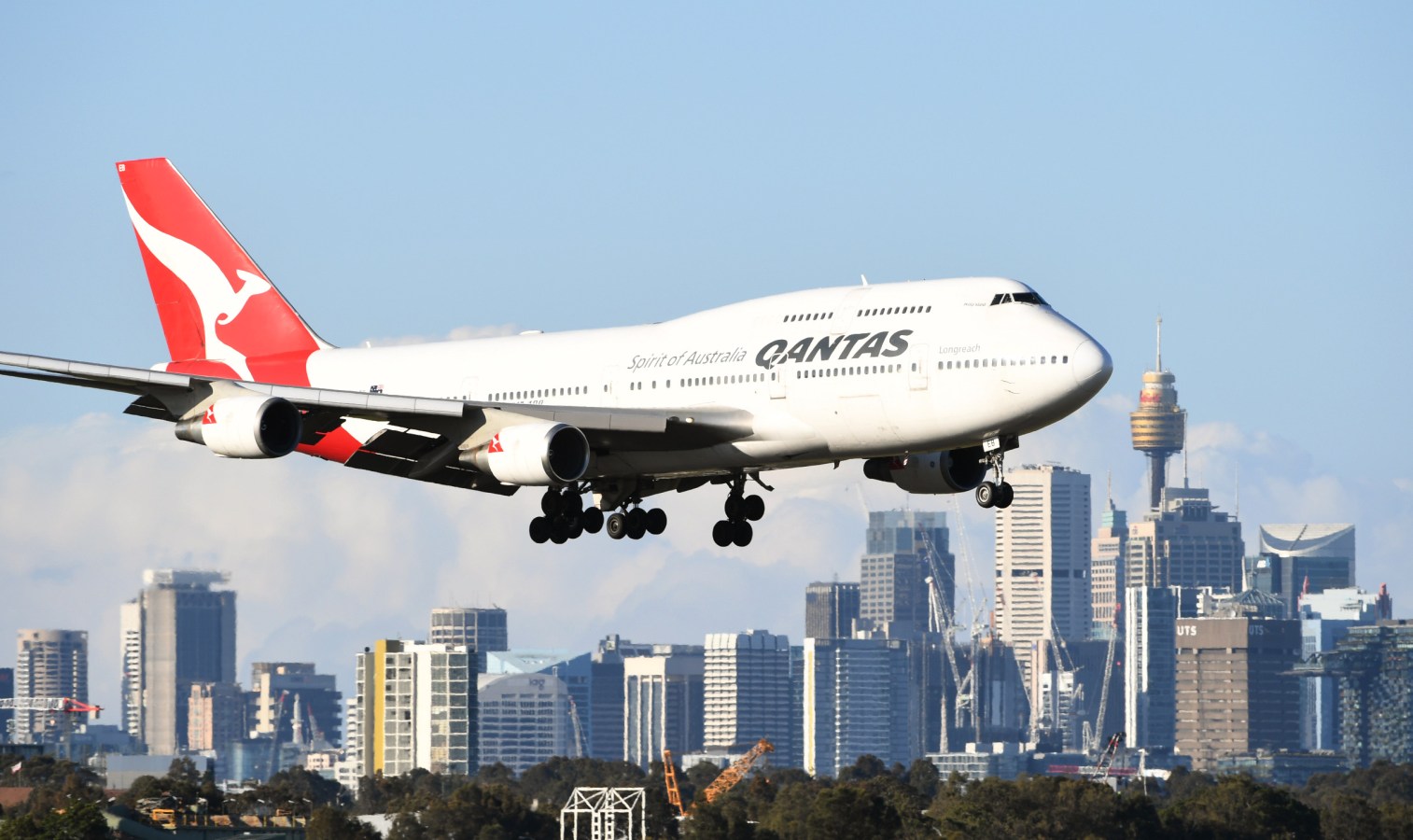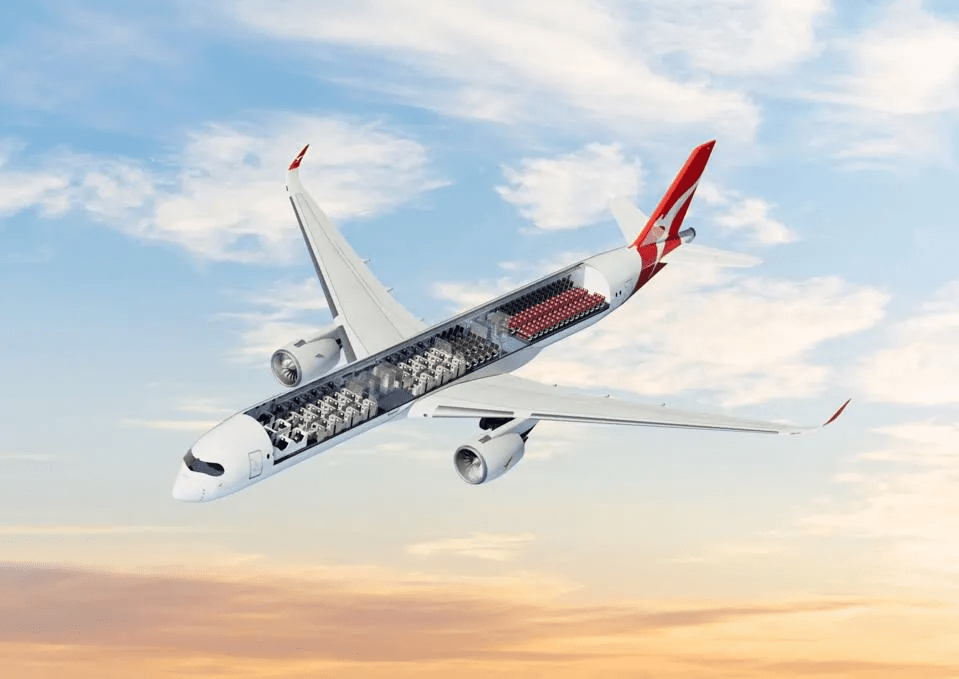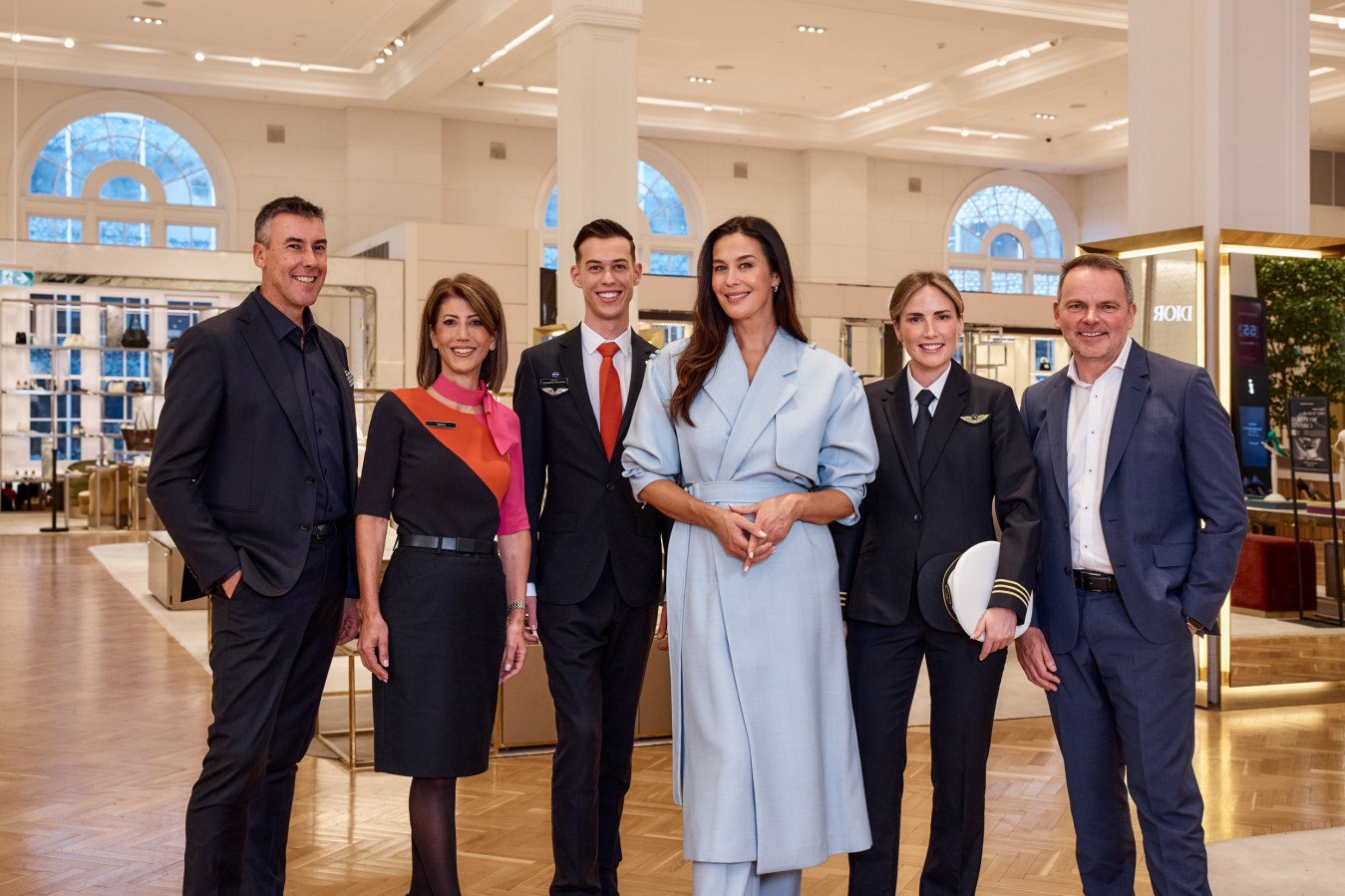Qantas Frequent Flyer points were devalued on Tuesday. From now, most reward seats – especially in business and first class – require up to 20% more points.
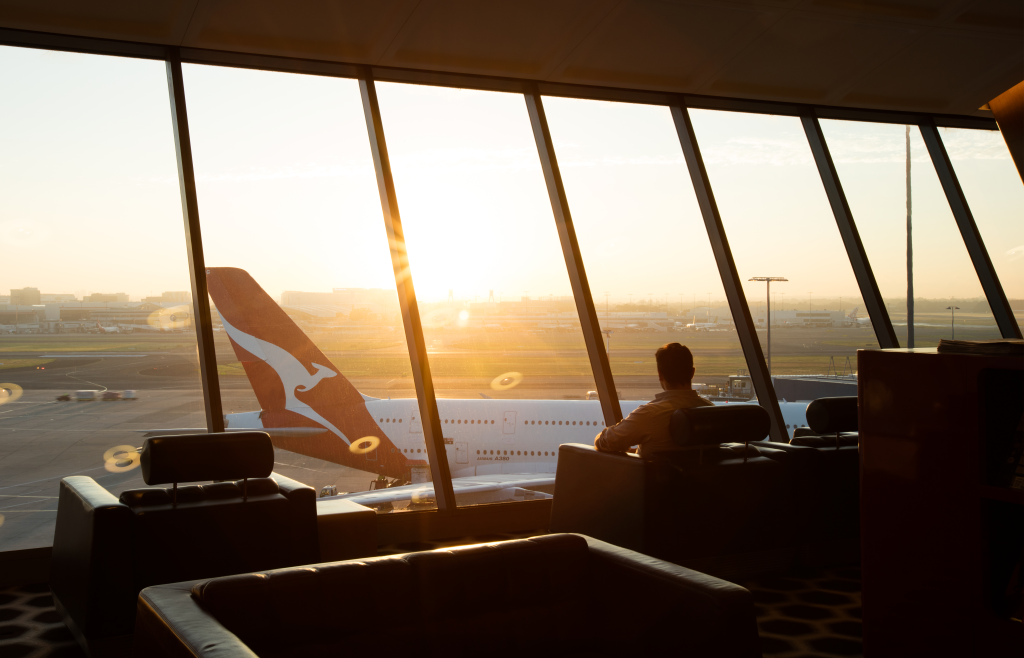
Key Takeaways
- From August 5, Qantas is increasing the number of points required for most reward seats, with business and first-class redemptions rising by up to 20 per cent.
- Fees and surcharges are also going up, particularly on premium cabins, with the airline saying the changes were necessary to sustain and grow the program.
- A Sydney to Melbourne Business upgrade will go from 18,400 points + $55 to 19,300 points + $76.
- Mark Trim, Managing Director of The Well Connected Traveller, says travellers are already moving to lock in bookings before the changes take effect.
- Bad use of points? Using them for merchandise or ‘points + pay’ fares offers poor value.
- Good use of points? The best value remains in international business and first-class flight upgrades, where points stretch significantly further than in economy.
Key background
Australians are sitting on an estimated billions of frequent flyer points – yet many don’t understand how to use them effectively, says Mark Trim, Managing Director of The Well Connected Traveller.
Recent data shows the average balance is around 73,000 points, with 15 per cent of Australians – roughly 3.2 million people – admitting they don’t understand how frequent flyer programs work.
“The real goal with frequent flyer points isn’t just accumulating them… It’s about using them to unlock incredible travel experiences.”
Mark Trim, Managing Director of The Well Connected Traveller.
The most common mistake is redeeming points for retail items through frequent flyer stores or using ‘points + pay’ fares. “It’s a terrible burn rate for your points,” he tells Forbes Australia. “Unless you have an excessive balance, avoid those options.”
He advises reserving points for premium cabin redemptions – particularly international business and first-class flights – where the value per point is significantly higher. “Economy redemptions are fine,” Trim says, “but the comparative value in a premium cabin is far greater.”
Trim also highlights the importance of timing: either booking well in advance to secure reward seats or taking advantage of last-minute seat releases, often just days before departure. “We’re seeing some airlines drop in points seats at the last minute when they can’t sell remaining inventory,” he says.
For more flexibility, Trim points to American Express Membership Rewards. “Unlike being locked into a single airline program like Qantas, Amex lets members strategically move their points based on real-time availability,” he explains. This allows travellers to target the best redemption value across multiple programs.
As for the August 5 changes, Trim is pragmatic: “The devaluation was bound to happen. If it leads to more reward seats being released, that could be a net positive. But if you can book a trip or two before August – do it.”
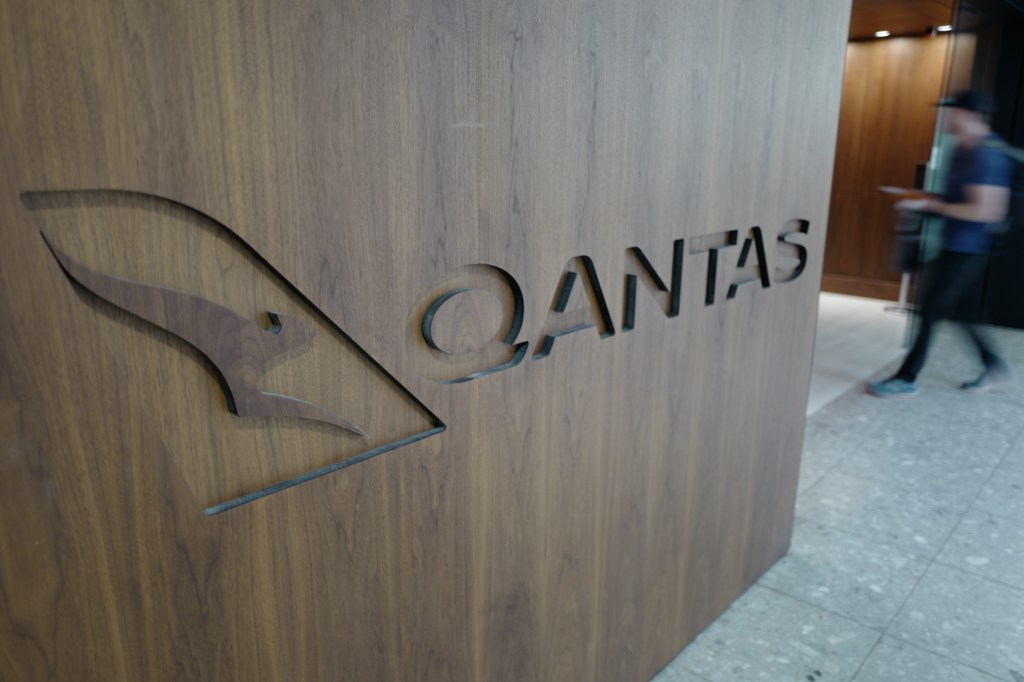
What’s changing on August 5?
From August 5, Qantas Frequent Flyer members will need significantly more points to redeem Classic Reward seats especially in business and first class. While the exact rise varies, most business and first-class redemptions will cost 15–20 per cent more.
Here’s the example Qantas gave:
- Sydney to Melbourne Business will go from 18,400 points + $55 to 19,300 points + $76
- Sydney to London Economy will go from 55,200 points + $263 to 63,500 points + $263
At the same time, Qantas is adding more Classic Reward seats across its network and boosting the number of points members earn when flying domestically. But from what the airline has disclosed so far, the extra earn doesn’t really keep pace with the higher redemption costs.
It last adjusted the program in 2019.
What does Qantas say?
Qantas says the changes are designed to “enhance the ways our members can book Classic Reward seats” and to expand access to international destinations and premium cabins.
The airline is positioning the move as part of a broader investment in the Frequent Flyer program, citing increased demand and expanded global partnerships.
The carrier, which earlier this year experienced a cyber hack to some six million frequent flyers, says it will roll out up to 1 million additional Classic Reward seats, including through new alliances with Hawaiian Airlines, Finnair, Air France, KLM and Iberia.
It also claims that Classic Plus has already quadrupled seat availability and helped drive an 80% year-on-year increase in members travelling overseas using points.
Qantas Loyalty CEO Andrew Glance said the changes were necessary to sustain and grow the program: “These adjustments will ensure we can continue to invest in enhancing the program for the long term and continue to grow the levels of Classic and Classic Plus Reward seat availability for members year on year.”
So, what’s the best way to spend your points?
If you’ve got a large points balance, now’s the time to act – before value drops on August 5.
Mark Trim’s top advice? Prioritise international business and first-class redemptions. That’s where your points go furthest. “The value per point is significantly better in premium cabins than in economy,” he says.
If you’re struggling to find Classic Reward seats, consider the newer ‘Classic Plus’ option. These seats cost more points but open up more availability, especially on high-demand routes. “Classic Plus ties the points rate to the cash fare,” Trim says.
“It’s not ideal for people with small balances, but for those with hundreds of thousands of points, it can be a smart way to get the seats you want – especially during sales.”
Mark Trim
Don’t ignore the cash fees. Taxes, fees, and carrier charges can add hundreds of dollars to a ‘points’ ticket. “People focus on the points and forget what comes with them,” Trim warns.
His final rule? Use your points – don’t hoard them.
“Rather than waiting for the perfect trip, look for premium opportunities that are available now,” he says. And be strategic: book far in advance, or jump on last-minute seat releases. Airlines are increasingly dropping reward seats days before departure to fill empty cabins.”
Look back on the week that was with hand-picked articles from Australia and around the world. Sign up to the Forbes Australia newsletter here or become a member here.
